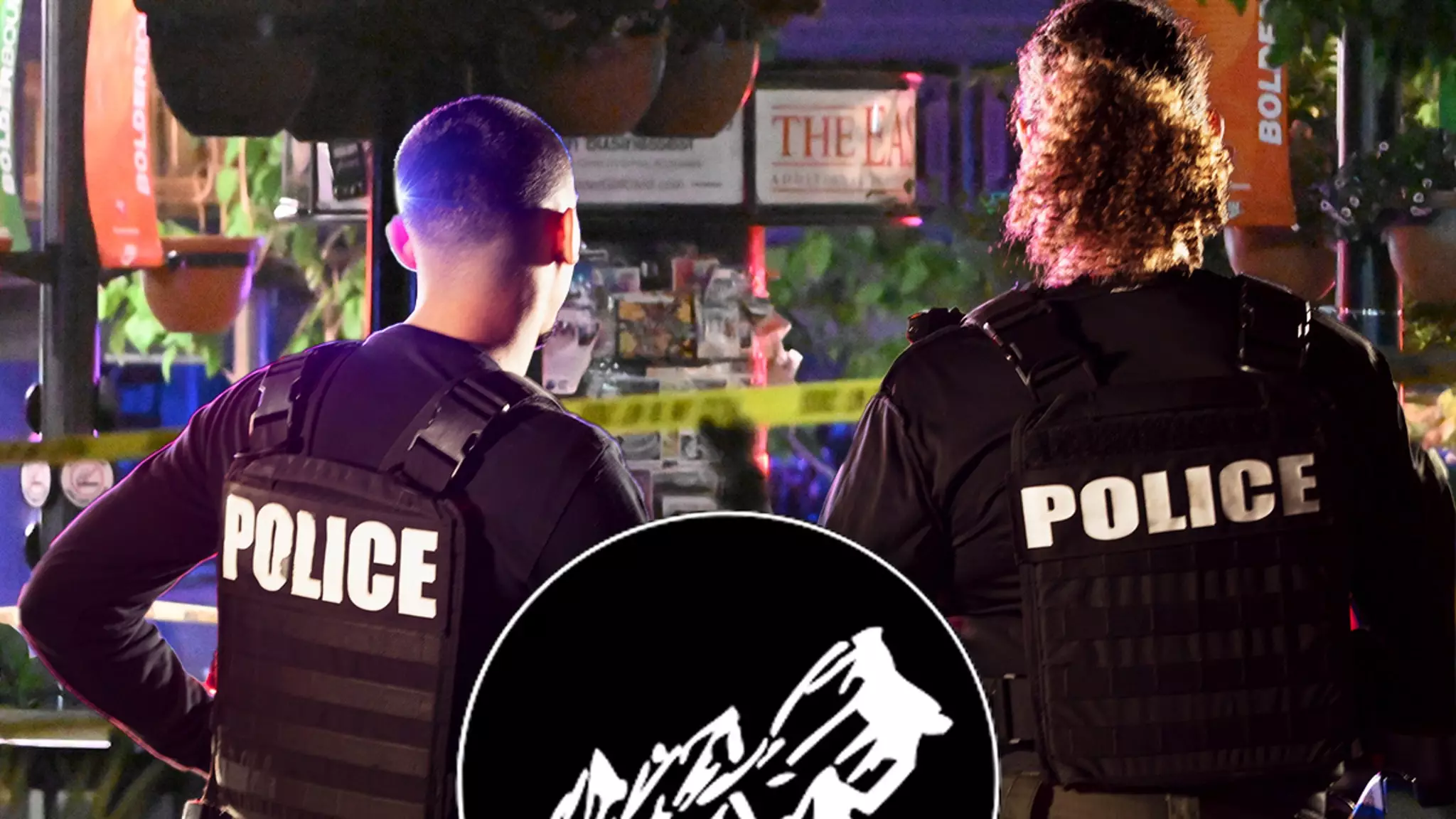The unsettling incident in Boulder, Colorado, where a pro-Israel demonstration became the target of violence, serves as a factual representation of the disturbing trend of rising extremism in America. On what should have been a peaceful event, dubbed the “Run for Their Lives” walk, chaos erupted as Molotov cocktails and incendiary devices were unleashed by suspect Mohamed Sabry Soliman. In a society that prides itself on freedom of speech and peaceful expression, this brutal act starkly contrasts the fundamental principles we hold dear.
A Ticking Time Bomb: The Profile of the Perpetrator
Mohamed Sabry Soliman, a 45-year-old resident of El Paso County, is not merely a criminal; he embodies a frightening phenomenon—the radicalization of individuals who resort to violence to voice their dissent. His alleged shouts of “Free Palestine” during the attack indicate a political motivation that ignites a broader conversation regarding the intersection of activism and violence. This phenomenon is not just confined to one issue; rather, it reflects a deep-seated rage that can manifest in devastating ways. With such actions becoming more frequent, one must question the societal structures that allow such a radical mindset to fester unchecked.
The Human Cost of Political Violence
Tragically, the immediate aftermath of Soliman’s attack resulted in eight victims, with at least one in critical condition. The fact that these individuals ranged in age from 52 to 88 adds a heartbreaking complexity; these were people likely attending the event to advocate for values they believe in, yet they faced life-threatening violence instead. Such acts of aggression do not discriminate by age or background, targeting the very essence of civil discourse and community harmony. When a society is forced to confront the potential of violence at public gatherings, the psychological toll on its citizens can become profound.
Government Response: A Necessary Reckoning
The U.S. Department of Justice and law enforcement agencies are now grappling with the aftermath of this incident, which has been classified by the FBI as a “targeted terror attack.” The gravity of the charges against Soliman—including two counts of first-degree murder—highlights the severity of his actions. Furthermore, his overstayed visa, expiring in February 2023, raises questions about immigration policy and monitoring. It is essential for lawmakers and community leaders to prioritize not just public safety, but also measures that mitigate the root causes of political violence.
A Warning to Society
As we delve deeper into the implications of such an attack, it’s crucial to recognize that the problem extends beyond individual actions. The rising tide of anti-Semitism and political violence calls for an urgent reassessment of how we engage in political dialogue. Those who dismiss these events as isolated incidents must confront the uncomfortable truth: the normalization of aggression as a means of political expression threatens the very fabric of our democracy. If we do not address the systemic issues that allow such hatred to brew, we may not be merely witnessing an aberration but rather the emergence of a dangerous norm.
In the face of such critical and disturbing occurrences, it becomes not just a matter of justice for the victims but a call to build an inclusive society that actively rejects violence in all its forms.

